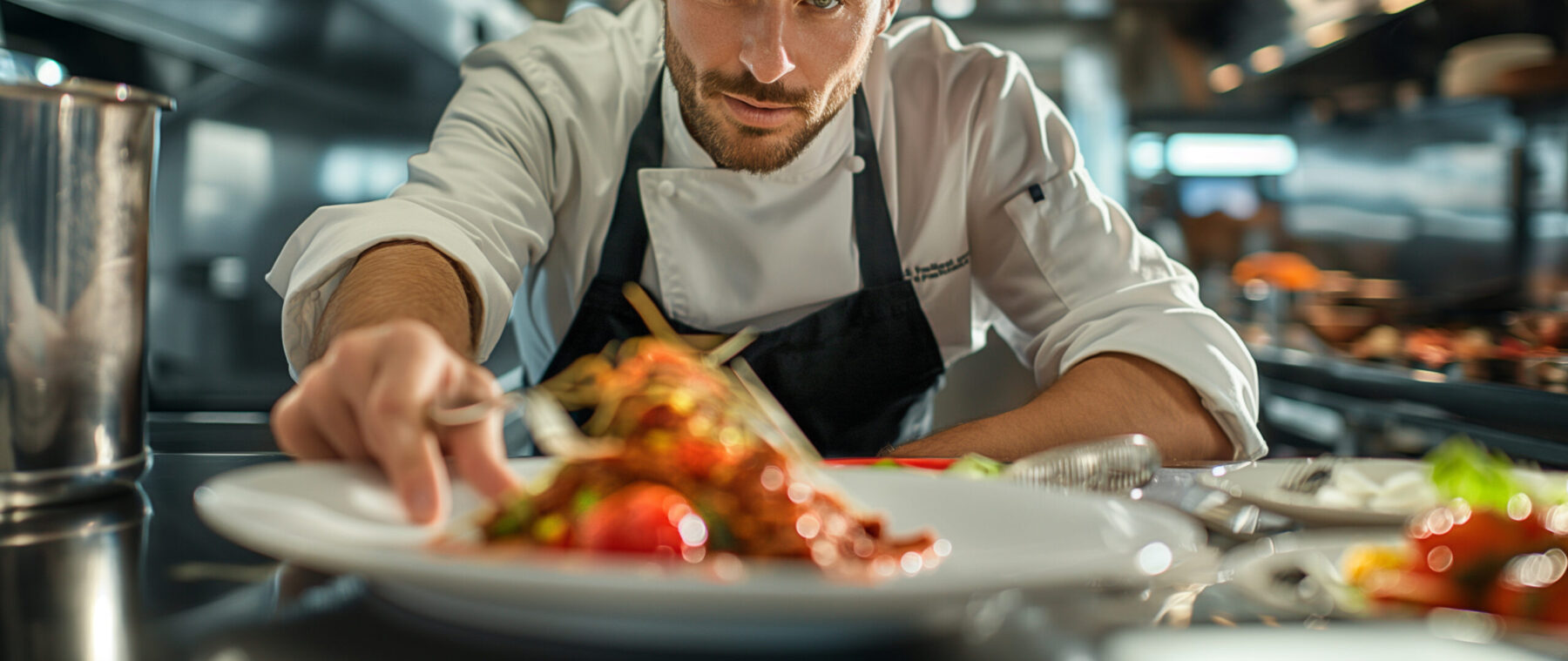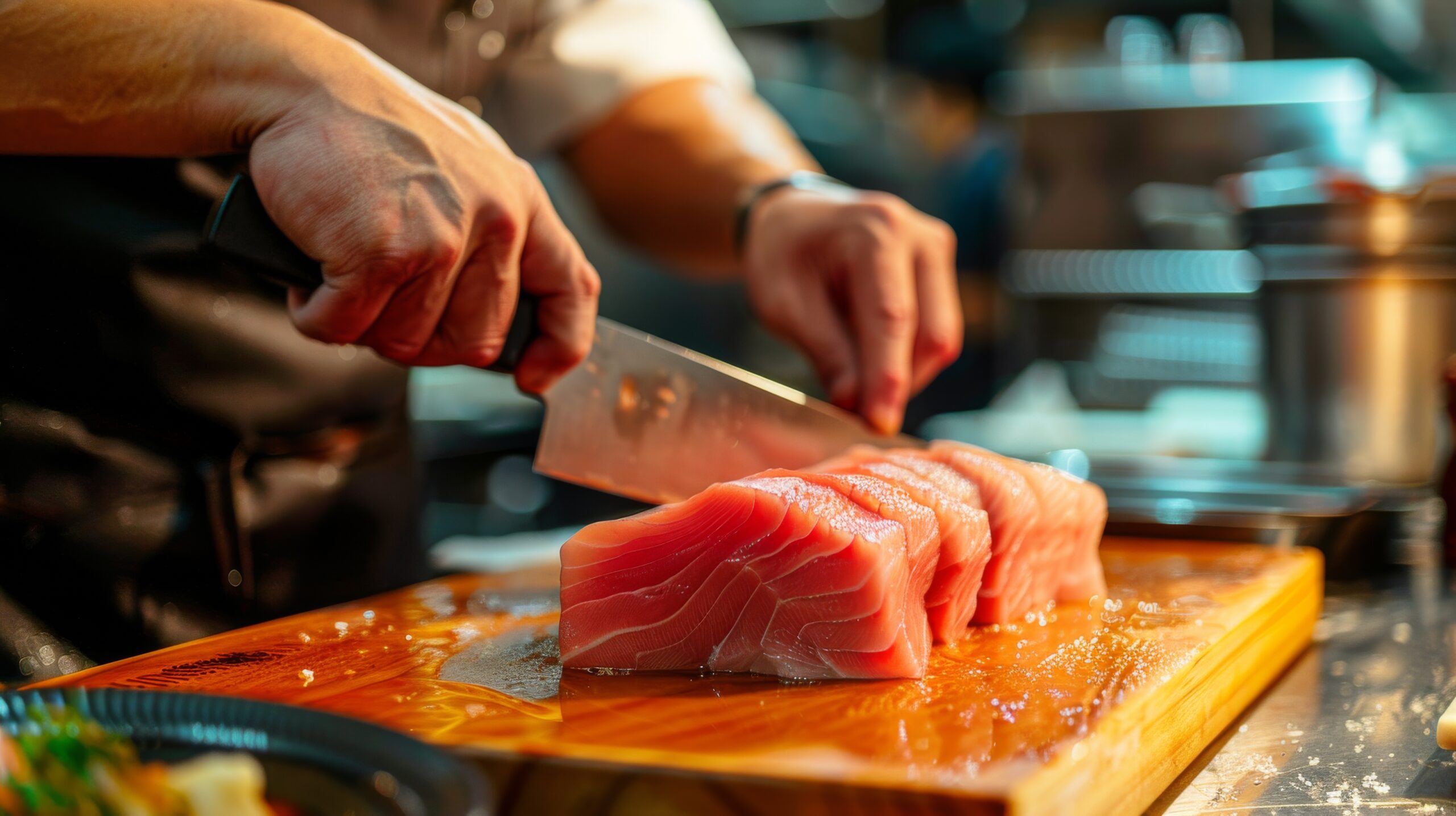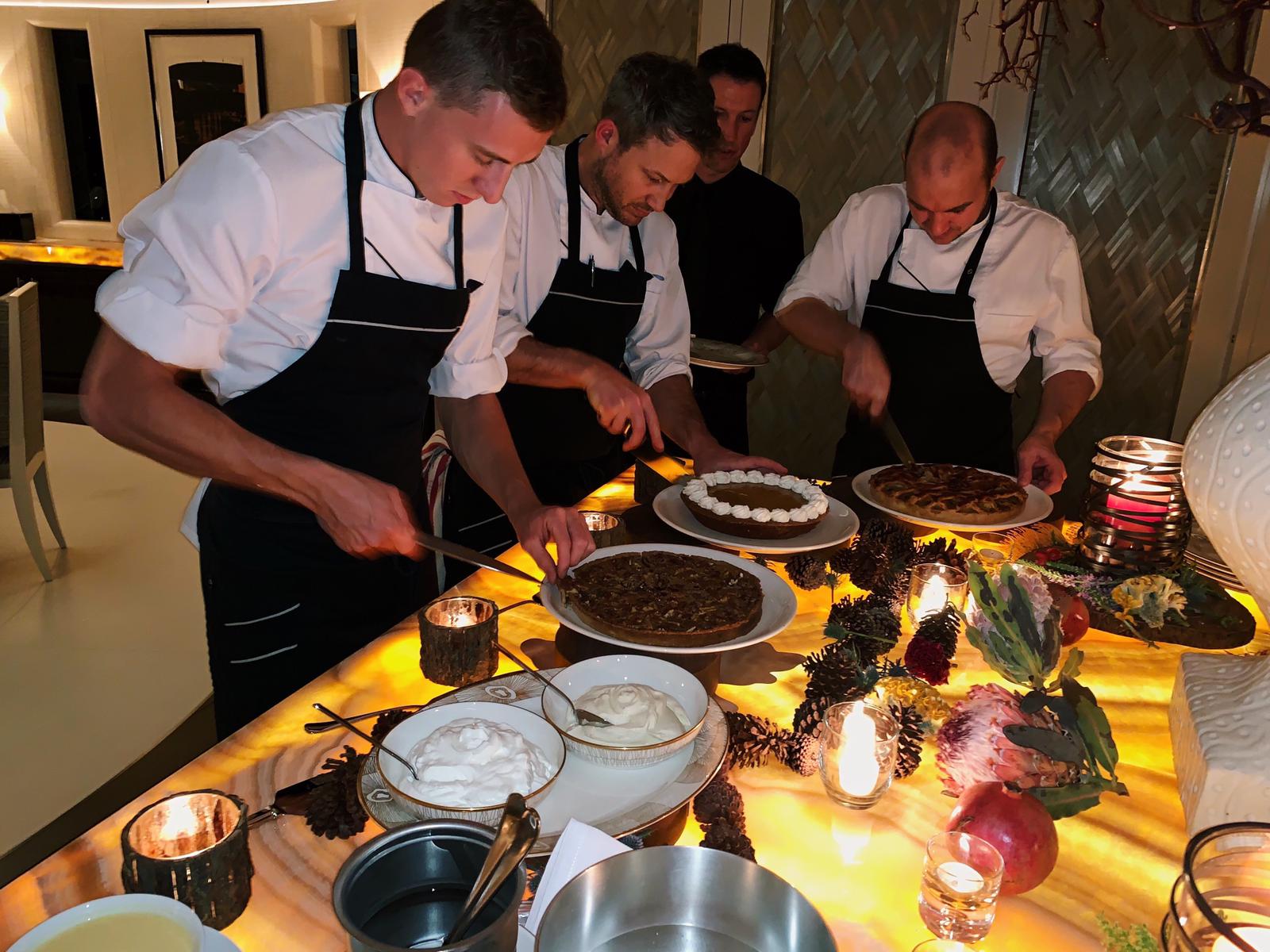Revealed: What Crew and Captains really want from Chefs

The yachting world demands a unique breed of chef. More than just culinary experts, successful Head Chefs on yachts need to be leaders, artists, diplomats, and masters of efficiency, all while navigating tight galleys and even tighter deadlines.
To delve into the specific expectations and challenges facing Head Chefs today, we conducted a survey of yacht crew, including Captains, Chief Stewardesses, and Chefs themselves, as well as wider members of the crew. The results offer a fascinating glimpse into the dynamics of life onboard and reveal what truly matters when it comes to leading a successful galley team.

The survey revealed the truly multi-faceted role of a modern Head Chef on yachts.
While culinary expertise is a given, our survey revealed that leadership and communication skills are crucial to the role of Head Chef. 71% of respondents ranked these qualities as the most important, highlighting the multifaceted nature of the head chef role.
Provisioning came next in order of importance, with Chefs flagging the increasing difficulty in some areas in sourcing the high-quality ingredients needed. Another respondent highlighted the importance of organisation and adaptability, saying, “Being well organised, having menus already planned and then communicating clearly, includes both giving orders and listening to feedback. Calm under pressure …. Must be adaptable, and lead by example.”
Other prized skills mentioned included creativity, time management, empathy, and cleanliness. While many Captains emphasised the need for a “stable character” and the ability to “put out amazing food with no huge mess and no drama”.
When asked about the importance of the relationship between a Head Chef and Chief Stewardess on yachts, our survey respondents rated the importance of this dynamic an average of 9.3 out of 10.
Respondents described the need for strong communication, respect, collaboration and a lack of ego or competition between the two. One respondent stated:
“An ideal chef-chief stew dynamic is built on a mutual understanding of each other’s roles … The ability to provide direction to guests and maintain good communication with the chef—to determine what’s possible—will ultimately enhance our customers’ experience.” Or as another crew member put it: “Collaboration, synergy, communication, no competition.”
Humility, respect, and a willingness to compromise are crucial for navigating the inevitable challenges that arise in a high-pressure environment. As one participant put it, “The utmost respect and communication between the two is essential for a successful relationship.”

Head chefs face a unique set of challenges in the yachting world. Our survey revealed that burnout, provisioning, high crew turnover, and ever-increasing guest expectations are among the most pressing issues.
One respondent noted, “The biggest challenge facing Head Chefs today is managing staff shortage and high turnover while maintaining the quality and consistency of their cuisine.” Another highlighted the complexities of provisioning: “Communication is the biggest challenge along with sourcing. Depending on the location it can be quite challenging to locate everything needed for a successful trip.”
The issue of burnout was a recurring theme, with one chef stating: “It is always the working hour, guests and crew are asking for more and more … The crew want great and exciting food, but no one cares if [a chef] works 2 hours or 20 hours a day.” Another said:
“I don’t think there’s a proper understanding of how long it takes to cook fresh meals. We’re living in a world where I see more and more dietary restrictions, while simultaneously being connected through the internet to cuisines from all over the world. This creates high expectations for what chefs can bring to the table.”
One survey taker pointed out the relentless nature of a chef’s role: “I’d like to add this based on my experience as a Steward. Every department experiences fluctuations in work intensity. Engineers’ workload differs between when the boss is present and during shipyard periods. Stewardesses and Deckhands face varying workloads depending on whether the boss is on board or off. The same applies to Officers, but I’ve always felt that expectations for the chef remain consistently high, even when guests are off.”
This need for a better balance is reflected in the growing demand for rotational positions for Head Chefs. As one Chef put it:
“I now understand why rotational positions for chefs are in such high demand. They not only provide a better work-life balance for us, but they’re also sometimes the only way to work and show long-term commitment to a vessel without risking burnout. Rotational positions are the only way forward to retain crew in demanding roles.”

Our survey underscores the vital role that Head Chefs play in the yachting experience, a growing need for more well-rounded and well-trained Head Chefs and an appreciation of the growing challenges they are facing.
This includes investing in training and development for Head Chefs, not just in culinary skills but also in leadership and management techniques. As Anton Lindgren, Head Chef specialist at The Crew Hunter and a veteran of galleys for over 20 years, explains, “After finishing culinary school or doing their Food Hygiene certificates, the training journey ends there for many chefs. While other Heads of Departments learn Leadership, Communication or ways to manage Mental Health, Chefs don’t often take part.
“Every galley is unique. The ability to adapt, manage rising expectations, lead a team, and generate creative ideas is all essential, all while keeping a cool head. We need to support our Chefs to be able to manage this workload and in turn, they will create stronger teams and positive working environments within the galley and beyond.”
If you are a Chef looking to progress or you’re looking for a new crew member, get in touch with Anton for his expert insight into growing galley teams in a sustainable way.
Thank you to everyone who participated in our survey. In our upcoming article, we will explore the question of Rotation for all yacht crew – who should get it, what are the benefits and are there any downsides?
Have an issue you want us to explore? Contact info@yachtcrew.uk.